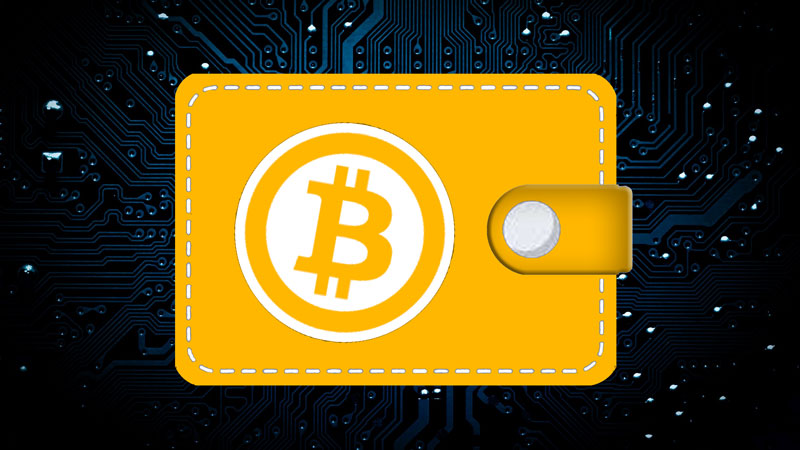Today, when digital currencies are changing the notion of financial transactions, a cryptocurrency wallet is more than simply a tool. It is the primary element of safeguarding and managing the digital wealth. In contrast to traditional wallets which hold the physical currency, a cryptocurrency wallet functions as a digital portal for users’ cryptocurrencies that allows access to digital wealth. The combination of security, technology as well as elements of psychology that help users find the fine line between accessibility and security.
The primary purpose of a cryptocurrency wallet is the storage of keys that are required for accessing the cryptocurrency fund. The keys, one of which is public and another private, serve as locking and unlocking mechanisms for the digital treasure chest. The public key relates to an account number you are able to share with your friends for receiving funds. On the other hand, the private key relates to a very secure password which allows you to make transactions and gain access to your accounts. The complexity of these keys is the reason that makes crypto wallets so safe with the right keys. Without them your contents are hidden, and inaccessible to anyone else.
With great power comes with it a responsibility. Decentralization of cryptocurrency ensures that security for wallets are nearly entirely the responsibility of the individual user. There aren’t any banks or central authority to intervene, to reset your password in the event that you forget your password. If your personal key is lost, the results could be severe, and there is none of the options to recover stored funds. Therefore, the proper management of keys essential. Many providers of cryptocurrency wallets employ various backup and recovery methods including mnemonic phrases which are a series of phrases which, when placed in the right order allows access to money.

The best crypto wallet are available in a variety of designs, each offering its strengths and levels of security. Hardware wallets, which are often similar to an USB drives, have become well-known for their security and reliability, because they keep the users’ private keys in a secure location away from threats online including hackers. Software wallets give users more convenience and speedier access to money because they are easily accessible via mobile devices and computers. They’re connected to Internet and are more prone to hacks However, they are often equipped with user-friendly interfaces, as well as other functions like switching tokens, or using decentralized apps.
To the enthusiast of crypto The wallet offers more than protect assets. It’s also an entry point to the growing world of decentralized finance (DeFi) as well as tokens that are non-fungible (NFTs). Crypto wallets today interact with smart contracts and facilitate the trading of assets for interest as well as offer access to games that are blockchain-based as well as collectibles. The ever-changing functionality of these wallets demonstrates the wide-ranging nature of cryptocurrency assets as well as the technology behind them that goes beyond just storage, becoming integral elements of a growing digital economy.
The future of cryptocurrency wallets could push the limits of what we can understand by the concept of digital asset management. The rise of Web 3.0, the integration of identity management, as well as the prospect of sovereign self-custody for digital assets and identities the wallets are changing. They’re no longer simply a safe place for digital currency, but have evolved into a complete secure digital ID. With the growing blockchain ecosystem in both complexity and size and complexity, crypto wallets continues to grow and provide new levels of security and interaction.




